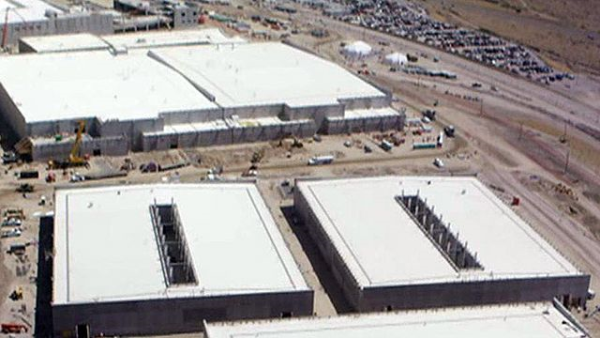
"They who can give up essential liberty to obtain a little temporary safety, deserve neither liberty nor safety." ~Benjamin Franklin
With recent news, does privacy still have even a minute role in our personal and business lives?
This is a really critical question asked about privacy. Technology has obviously made it easier to invade privacy whether this is by private or government means.
In the U.S., the Fourth Amendment to the Constitution guarantees that “the right of the people to be secure in their persons, houses, papers, and effects, against unreasonable searches and seizures, shall not be violated” except for cases where the government, by due process, gains permission from an applicable court.
Privacy could be defined as the right or ability to keep information, possessions and actions out of the sight and/or knowledge of the “out group”.
Companies may want privacy with regard to negotiations with other companies, financial data, technologies under development or business strategies.
As we explore privacy in the modern world, this is a consideration that IT and data center specialists should keep in mind. From cameras and video recorders to infrared, millimeter-wave and other technologies, how videos and photographs are taken are ultimately transformed.
The question of privacy can also be separated into two cases:
1. Violation of privacy by entering into a "personal space".
2. Acquiring "public" information without the knowledge or consent of the "owner" of the information.
Read Does Privacy Have a Future? From the Data Center Journal

